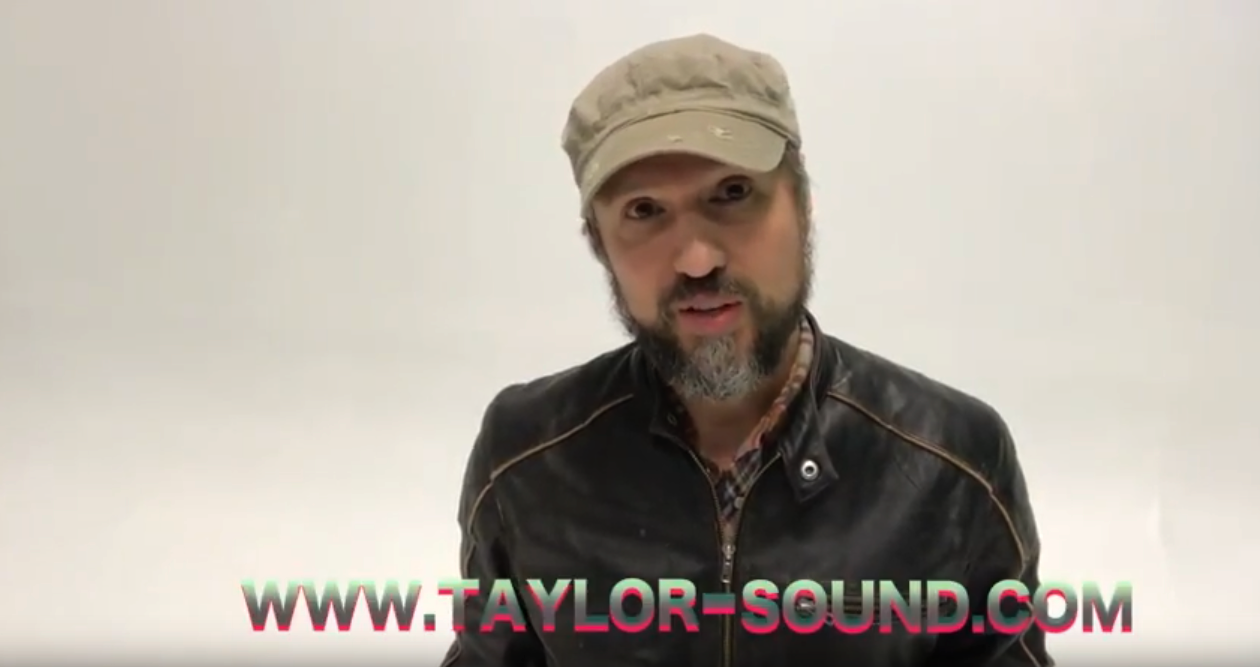By T. Perry Bowers
When I was about twenty-five years old and still trying to make it as a rock star, I decided I needed a plan B. I figured, if for some reason, I wasn’t able to make it as a rock star, I would need something else to do. I decided to focus on recording. While being successful in the recording field isn’t a sure thing either, it was something I could start to make money with right away. Back then, there were tons of bands that needed help recording. So, when I wasn’t making my own music, I started helping others with their music. It was great fun. It became my long term plan. To this day, I operate a recording studio. Even if I did “make it” as a musician, I still would be in the studio.
 I didn’t “make it” as a musician because I did so many things wrong. However I did one thing right. I diversified my money making opportunities. When I was twenty-seven I opened my first rehearsal facility. It was a small operation, but I was able to feed, clothe and house myself with the income. Granted, I didn’t need much back then, but it was a good feeling to be self sufficient and running my own business.
I didn’t “make it” as a musician because I did so many things wrong. However I did one thing right. I diversified my money making opportunities. When I was twenty-seven I opened my first rehearsal facility. It was a small operation, but I was able to feed, clothe and house myself with the income. Granted, I didn’t need much back then, but it was a good feeling to be self sufficient and running my own business.
Meanwhile my band bled money. My rehearsal space business broke even. My recording business put food on the table. My long term plan (recording/rehearsal) and my short term plan (rock star) were working together as one. If I look back on all the experiences I’ve had in the studio, I realize my dreams really did come true. I’ve been paid to play drums and sing on other people’s music. I’ve been paid to write and produce music. I’ve consulted with hundreds of musicians, some paid, some just because I’m there. I’ve worked with some big names and many musicians who barely made it out of their basements.
We’ve all heard the cliché expression, “don’t put all your eggs in one basket”. It conjures up an image of a conservative parent talking to their son who wants to be a musician. As a young person, you can’t help feeling there is no room for doubt. To create a plan B seems like planning for failure. To a certain degree, I agree. In order to make it, you need a razor like focus. Doubt can’t enter your mind. However, that doesn’t mean you can’t be smart about your career at the same time.
There are many opportunities for talented musicians. A lot of folks who had record contracts in their twenties are now writing and producing jingles. Their connections in the music business helped them parlay their songwriting skills into making money in the corporate world. To some, this may sound like selling out, but really what’s the difference? If you make it as a songwriter, you are going to be selling something. Most rock venues make their money from selling alcohol. Most touring bands make a large portion of their income on the road selling t-shirts. The point is, you’re always selling out, it’s just at a different level.
Weddings gigs are a great racket for musicians, especially those who play multiple instruments and perform with string ensembles. Again, it can seem like selling out, but would you rather play some Journey on the weekends or flip burgers? If you’re not the main songwriter in your band, you need some side gigs. Even if your band “makes it”, no one is going to know your name as the bass player. What’s the name of the bass player in Journey?
I know bass players, guitarists and drummers who tour with the biggest names in the business and take side gigs on a weekly basis. They get seventy five hundred dollars a week on the road and take gigs that pay a hundred fifty per night in town. You always gotta hustle! If you’re on the scene, opportunities come your way. People see what you can do. They see you are reliable and fun to work with and they start recommending you for other gigs.
There are a lot of facets to the music business. Once you know the industry, you can do just about anything you put your mind to. If you’re in a band you’ll learn many aspects – band and tour management, booking gigs, stage production, being a roadie, recording, live performance, live sound, drum and guitar tech! Any one of these skills can be developed into a whole career.
The key is turning your skills into a business. I was able to turn my recording skills into a business because I started charging money. I knew a lot of guys who did a lot of recording and never made any money from it. I think they thought eventually one of their friends would “make it” and they would magically start making money but it’s not how it works. To transform your skills into a business you need to start charging money, even if you start out at three dollars per hour. When money changes hands you immediately go from amateur to professional. Once the money starts flowing you learn to increase the flow.

